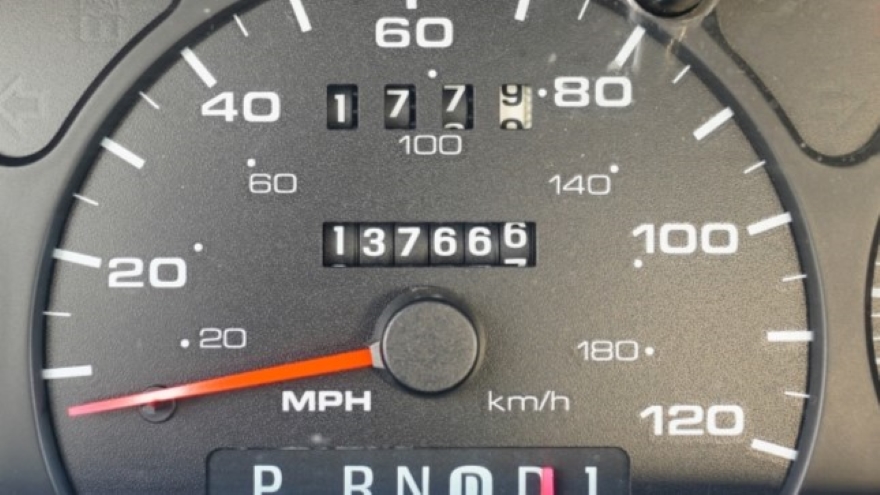NHTSA responds to Carvana inquiry about e-Signatures on odometer disclosures

By subscribing, you agree to receive communications from Auto Remarketing and our partners in accordance with our Privacy Policy. We may share your information with select partners and sponsors who may contact you about their products and services. You may unsubscribe at any time.
Companies from throughout the automotive industry might brace themselves when a letter arrives from a federal agency.
Last week, Carvana celebrated the arrival of one from the National Highway Traffic Safety Administration.
Carvana highlighted that letter because it affirmed the legality of electronic signatures (e-signatures) on physical odometer disclosure documents.
Carvana said it pursued this clarification — with support from other industry leadership groups — as part of its ongoing advocacy for DMV process modernization to drive better experiences for car buyers and sellers across the country.
And after nearly two years following the inquiry, Carvana received the Letter of Interpretation from NHTSA.
“We are pleased to share NHTSA’s Letter of Interpretation, which affirms the federal legality of using e-signatures on physical odometer disclosure documents and paves the way for Motor Vehicle Administrations across the country to swiftly authorize and adopt this customer-friendly paradigm,” said Tony Hall, senior government affairs manager at Carvana.
Subscribe to Auto Remarketing to stay informed and stay ahead.
By subscribing, you agree to receive communications from Auto Remarketing and our partners in accordance with our Privacy Policy. We may share your information with select partners and sponsors who may contact you about their products and services. You may unsubscribe at any time.
Carvana recapped that federal laws established in the late 1980s require most passenger vehicles to complete a specific process and paperwork, known as an odometer disclosure, to transfer a vehicle from one owner to the next.
The company said most states currently do not accept e-signatures on these documents, which can drive additional friction for the customers, dealers, insurance carriers, banks, and other stakeholders of this common process.
As part of its commitment to driving automotive industry modernization, Carvana submitted a request for interpretation to NHTSA in September 2022, to confirm that e-signatures are authorized for use with these documents so that states can proceed in adopting these tools.
NHTSA responded to Carvana’s request on May 7.
In the response, NHTSA confirmed the view held by Carvana and other industry leaders that federal law permits e-signatures on both digitized physical odometer disclosure documents and physical odometer documents.
NHTSA chief counsel Adam Raviv wrapped up that letter by saying, “NHTSA supports states’ ongoing efforts to transition to electronic titling, while recognizing the diversity of challenges states may face in doing so. We recognize the benefits electronic titling may have for both consumers and businesses.
“During this transitional period, where states have varying infrastructure and technological capacities and may lack sufficient funding to immediately transition to either hybrid or fully electronic processes, we encourage you to continue working directly with the states to address your concerns,” Raviv went on to say.


